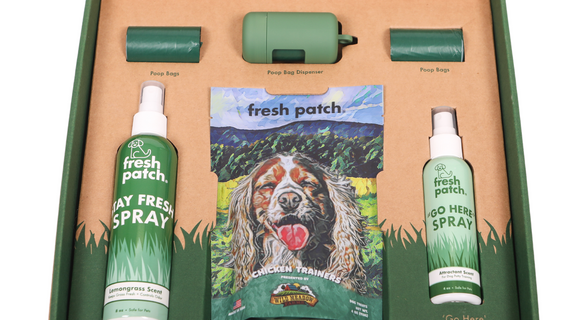Wolves as Pets?
Wolves are beautiful, I think we can all agree on that. But have you ever thought about the trend of wolves as pets? Now, trend is a good word to use for it because it's not exactly, well, socially acceptable to have a pet wolf. But Jared Leto, actor and lead singer of Thirty Seconds to Mars, has a pet wolf named Judas. Yep, a wolf!
However, most people who own wolves as pets actually own wolf-hybrids. These are common enough in families, as there are actually breeders who breed and sell wolf hybrids, like wolf-husky mixes. And while these very pretty mixes can make owning one very tempting, there's a lot more that goes into owning a wolf than you know!
"Wolfdogs" are the common name for Wolf-Dog hybrids, and while the most common mix is wolf-husky, other mixes can exist, too. You have to remember that being half wolf means that your dog still has that "wild" nature in them. It's true that they've been domesticated, but it's very hard for pack animals like wolves to completely abandon their nature.
Wolves and dogs may look alike, but it doesn't mean they act alike. They have very different personalities when it comes to things like socializing. While domestic dogs have lived together with people for basically the last 10,000 years, wolves, not so much. They've spent that same amount of time as wild animals. They lived on their own and had to learn how to hunt and fight, something that domestic dogs have never really known. Mixing them with dogs will do nothing to "erase" their instinct. They still have it!
So why, then is this fad of "Wolf-Dogs" rising? Maybe it's Jared Leto and his wolf-dogs, or maybe it's just our society's fascination with wolves. But either way, here's some reasons why you shouldn't make a Wolf-Dog your next furry best friend:
- Let Wolves Be! - To get Wolf-Dogs, you need wolves. And however safe or loving an environment breeders use for this, it's still taking wolves out of their natural habitat. And if the demand gets higher for these hybrid pups, then that means breeders might resort to interbreeding or less safe breeding practices, and nobody wants that!
- Wolf "Hellos" - Wolves say hello by giving "mouth hugs", aka gently biting another wolf's face to greet them. While this is not intended as aggressive, it can be interpreted this way by other dogs, who might hurt the Wolf-Dog because of it.
- Fear - Since many people don't understand wolves, even those who seek out Wolf-Dog hybrids, then this could cause fear of their behavior. Wolf-Dogs might sense this fear from adults or children, which in turn could make them nervous.
- Mistreatment - Not understanding Wolf-Dogs can lead to their mistreatment. Many times, people don't know what they're getting into when they get regular dogs, and a Wolf-Dog is added pressure. Because of these, many of these hybrid dogs end up spending their life in an animal shelter, chained up to a fence, or even put down.
- It's Illegal! - Okay, so not in every state. But it is illegal to own a wolf or Wolf-Dog in Connecticut, Hawaii, Idaho, and Maryland. Other states like Alaska, Texas, Ohio, and North Carolina regulate ownership by county. If so many states think it's wrong, then that's a sign!
- Lots of Exercise - Unless you have a giant, and I mean GIANT fenced-in yard in a temperate-weather environment, then you will not have the proper room for a Wolf-Dog. Wolves usually walk or run up to 100 miles a day. That is waaaaay more than other dogs.
Wolves are beautiful, and dogs are adorable. So let's stick to it by admiring wolves in sanctuaries or the wild and letting them be! Dogs are meant to be our furry best friend, and wolves, while striking, are happiest in the wild.
Give your PET the gift of REAL GRASS with FRESH PATCH!
Perfect for potty training and play enrichment. Our farm-grown pet grass is a natural solution that’s easy to use and delivered right to your home!






